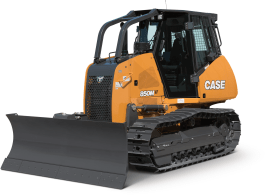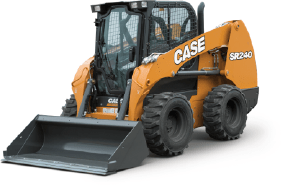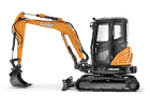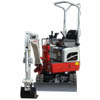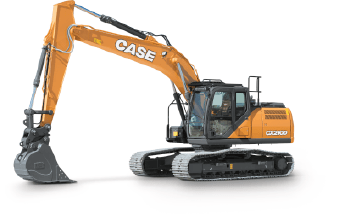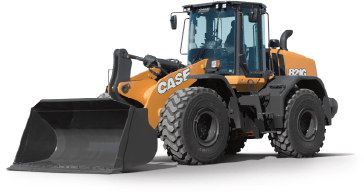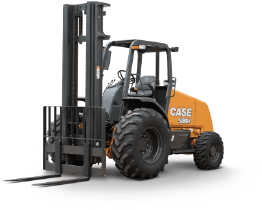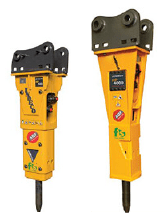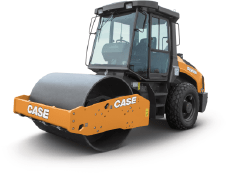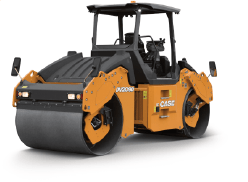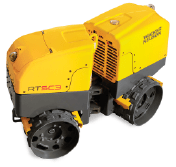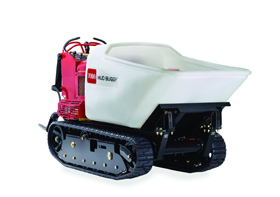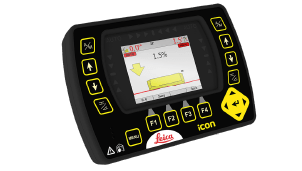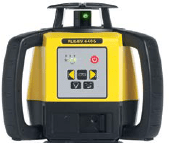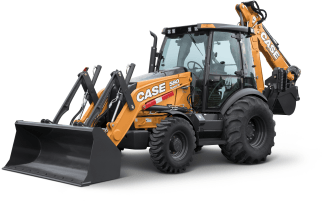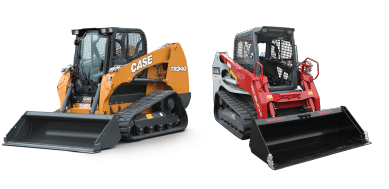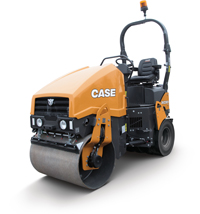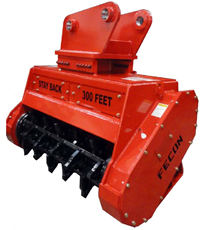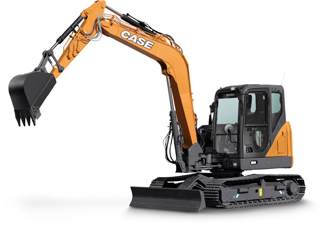Diesel exhaust fluid freezes at 12℉. Frozen DEF can’t dose the engine properly, which in turn causes engines to derate. It’s important to keep an eye on the temperature when you’re operating equipment using DEF during the colder months. Here are some tips to make it easier to maintain your equipment in the winter.
Warm Up Before Operation
Warm up your engine before operating your equipment. This process gives you a few minutes to thaw out any frozen DEF.
Pay Attention to Fault Codes
Most telematic systems display faults when the DEF is frozen. Pay attention to them, and address them whenever they appear.
Avoid Full Tanks
You don’t want a full DEF tank in winter. DEF expands up to 7% when it freezes and can crack the storage basin.
Monitor Expiration Dates
DEF only has a one year shelf life most often. Check the dates before adding any DEF to your machines.
Store DEF Correctly
Check DEF containers before storing them. Containers can burst when frozen DEF expands. Choose a well-insulated or temperature controlled area to protect your DEF from the worst of the cold. Store it between 12℉ and 86℉ to prevent early degradation.
Drain DEF Tanks Before Storage
If you store your equipment for winter, it’s important to drain the reservoir as a precaution to avoid damaging your machines in case the temperatures dip to a point that could cause the DEF to freeze. When it’s time to work again in the spring, flush the DEF system with distilled water before adding new fluid.








